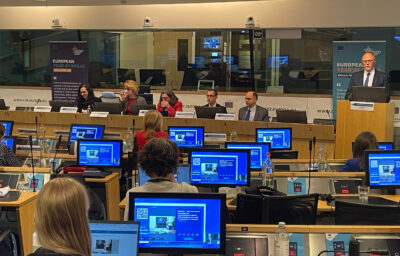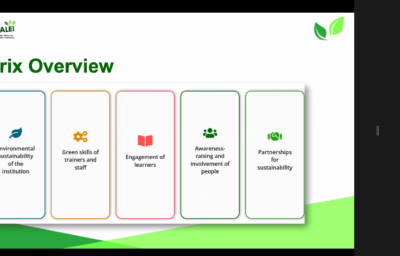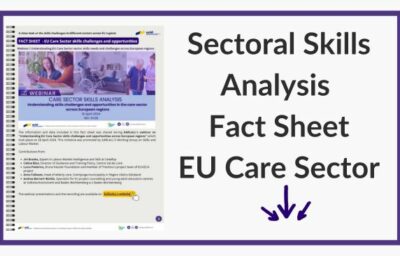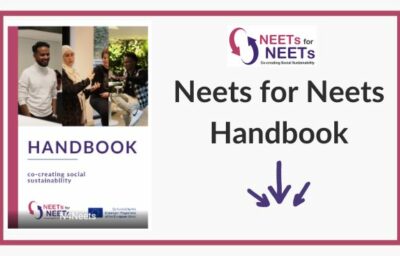Latest News
-

LCAMP | The European Year Of Skills | Members | Basque Country
Investing in Skills in Europe’s Regions and Cities
On 25 April 2024, the European Committee of the Regions (CoR) and the European Commission, DG for Employment, Social Affairs and Inclusion (DG EMPL)...
26/04/2024
-

Camilla Winter AB | The European Year Of Skills
EARLALL Academy #9: Environmental sustainability of lifelong learning providers
On April 25 2024, the EARLALL Academy organised its 9th webinar answering the question “How can lifelong learning providers transform their...
25/04/2024
Agenda
-
30
Apr2024European Year of Skills event
30 April 2024, Brussels and online
-
08
May2024Skills Horizons webinar
08 May 2024, Online
-
15
May2024Learning Factories for Advanced Manufacturing in Education
14-15 May 2024, Aalen (Germany)
-
16
May2024Final stakeholders conference European project C.O.P.E.
15-16 May 2024, Brussels
A unique network
- We increase and highlight the role of regions and local authorities in planning and implementing lifelong learning policies.
- We contribute with our expertise to EU policy-making for lifelong learning, and pursue an active dialogue with the European institutions.
- We facilitate cooperation and joint work through EU-funded projects.
- We monitor and disseminate information on EU policies, programmes, and funding.
Stay informed
EARLALL Insights is a quarterly newsletter that provides you with first-hand information about our activities.




